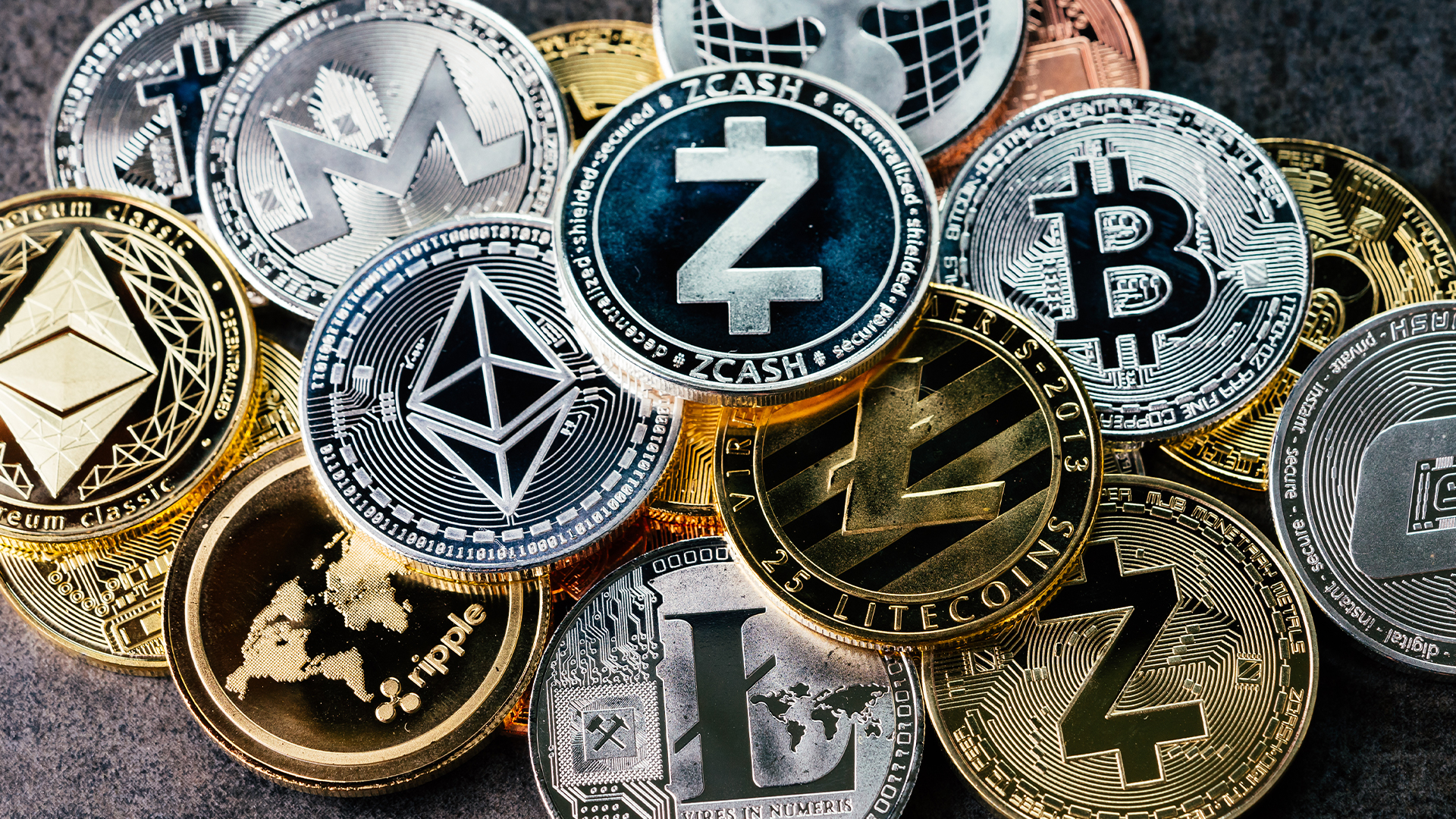
Crypto-assets regulation around the world
Mondial | Publication | février 2022
Although crypto-assets do not currently pose a material risk to global financial stability they do raise several broader policy issues, such as the need for consumer and investor protection; strong market integrity protocols and anti-money laundering and combating the financing of terrorism (AML/CTF) regulation and supervision. Integral to the crypto-asset ecosystem are crypto exchanges that allow customers to trade cryptocurrencies or digital currencies for other assets including conventional fiat money or different digital currencies.
At the national level, regulatory authorities have chosen different approaches and taken various types of actions to address relevant issues. In some cases, differences in regulation between jurisdictions reflect different national market developments and differences in underlying legal and regulatory frameworks for the respective financial systems.
Key risks in crypto-assets include
- UK - The UK has recently seen new significant papers from HM Treasury and the Financial Conduct Authority on the financial promotions regime.
- US - Given SEC Chair Gensler’s interest in regulating digital assets, it is likely that we may see more cases involving suspicious activity report failures and registration failures in the digital space.
- Canada - AML/CTF registration of a money services business is fairly straightforward.
- Europe - The Regulation on Markets in Crypto-Assets (MiCA) is going through the trilogue process. It is likely to significantly impact the operation of the crypto market in the EU.
- Netherlands - The Netherlands advocates European wide rules and regulation to create a level playing field.
- Germany - There is a very broad definition of the term crypto-assets in the German Banking Act. Also, last October the Crypto Asset Transfer Ordinance entered into force.
- France - The French Financial Market Authority has released a position on derivatives in crypto-asset, which the market is developing in France and more broadly in Europe.
- Turkey - In 2021, numerous global crypto-asset exchange platforms opened local operations in Turkey and Turkey’s first legislation relating to crypto-assets entered into force.
- UAE - On March 8, 2022 the United Arab Emirates' Securities and Commodities Authority announced it would soon be issuing a regulatory and supervisory framework related to virtual assets issued for investment purposes.
- South Africa - Whilst there are currently no laws or regulations that specifically govern crypto-assets in South Africa the regulatory treatment is likely to change going forward.
- Hong Kong - One of the key proposals in the HKMA discussion paper published in January concerns the regulation of payment-related stablecoins.
- China - Following the prohibition of various bitcoin-related activities since 2013, the most stringent crypto-crackdowns commenced in September 2021, while China was simultaneously at the forefront of developing a central bank digital currency.
- Singapore - The Monetary Authority of Singapore (MAS) has always warned that trading DPTs is highly risky and not suitable for retail investors.
- Australia - The Select Committee on Australia as a Technological and Financial Centre has issued 12 recommendations including the creation of a new type of corporate structure – The Decentralised Autonomous Organisation.
To download the full updater, please submit your details. You will also receive an email with a link to download.
Abonnez-vous et restez à l’affût des nouvelles juridiques, informations et événements les plus récents...
